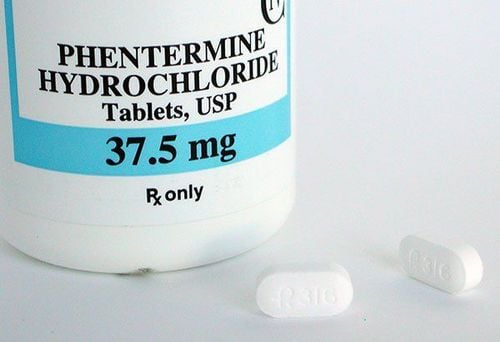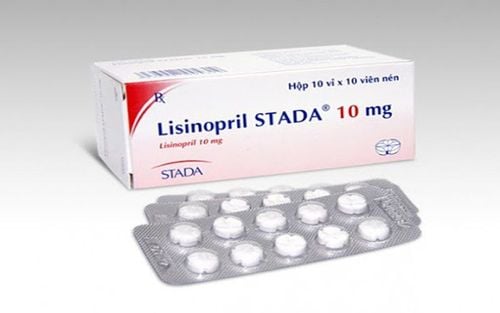This is an automatically translated article.
Heart rate when jogging is usually at 100 - 160 beats / min. With regular runners, you should determine a target heart rate and build a suitable running schedule to achieve high training efficiency without affecting health.
1. What is the heart rate when jogging?
Heart rate when jogging should only be at 50 - 75% of the maximum heart rate for beginners and moderate intensity exercisers. How to calculate maximum heart rate as follows: Number 220 minus your age. For example, for a 20-year-old, the maximum heart rate is 200 (220 - 20). This figure is approximate and can range from 15 - 20 bpm.
Heart rate when jogging when exercising can be 70 - 85% of the maximum heart rate. You can use the table described below to adjust your heart rate at an appropriate level during exercise. Note, your actual heart rate may fluctuate between 15 - 20 bpm from these described figures.
| Tuổi | Nhịp tim mục tiêu (bpm) | Nhịp tim tối đa (bpm) |
| 20 | 100–170 | 200 |
| 30 | 95 - 162 | 190 |
| 35 | 93 - 157 | 185 |
| 40 | 90 - 153 | 180 |
| 45 | 88 - 149 | 175 |
| 50 | 85 - 145 | 170 |
| 60 | 80 - 136 | 165 |
2. What is the average running heart rate?
Average running heart rate varies from person to person as a result of the following factors:
Age Level of exercise: Runners tend to have a lower resting heart rate than non-runners set Ambient temperature: Heat and humidity can increase heart rate Medications: Medications such as beta-blockers can slow heart rate and high doses of thyroid medication can increase heart rate Stress: Emotions Stress can slow or increase heart rate. The average running heart rate in people aged 20-45 is between 100-160 beats/minute. The degree of variation depends on the maximum heart rate and fitness level of each person (refer to the table above).

Nhịp tim lúc chạy bộ sẽ phụ thuộc vào nhiều yếu tố
3. Is the heart beating too fast dangerous?
Heart beat faster than maximum for a long time can be dangerous to health, especially for beginners. Some of the possible risks of rapid heart palpitations include:
Arrhythmia Chest pain Discomfort When you feel unwell, you should slow down to lower your heart rate. Stop running immediately if you feel lightheaded or dizzy.
4. How to train heart rate?
Here are the heart rate zones used as target heart rate that you can choose to exercise including:
Zone 1: 50 - 60 % max heart rate Zone 2: 60 - 70 % max heart rate Zone 3: 70 - 80 % max heart rate Zone 4: 80 - 90 % max heart rate Zone 5: 90 - 100 % max heart rate Depending on your desired goal, choose different training methods. For example, a marathoner should maintain a heart rate in zones 1 and 2, and occasionally run with a heart rate in zones 3 - 4. Sprinters can focus on training with heart rates in zones 4 and 5.
Heart rate monitor should be used to track exercise. If the heart rate is consistently in zone 4 or higher, it should be slowed down. A professional trainer or running coach can help you determine a workout schedule based on your goals.
Please dial HOTLINE for more information or register for an appointment HERE. Download MyVinmec app to make appointments faster and to manage your bookings easily.
Reference source: healthline.com













